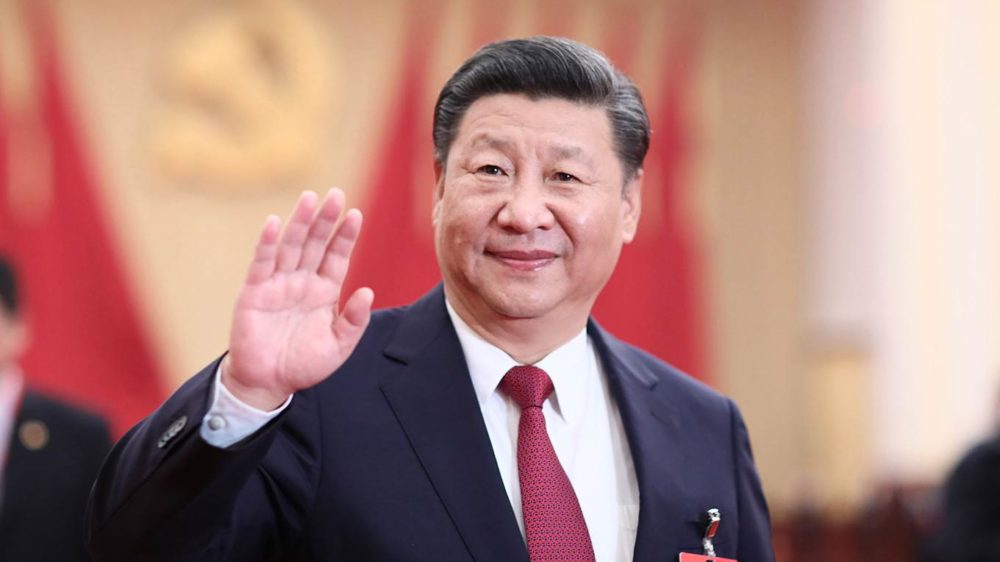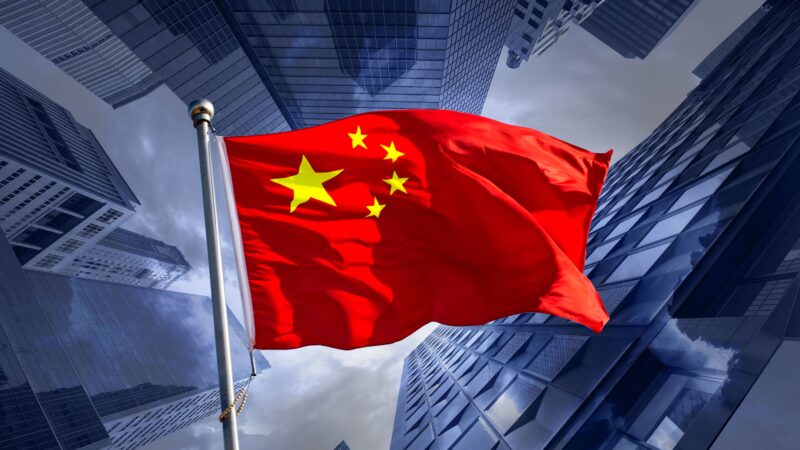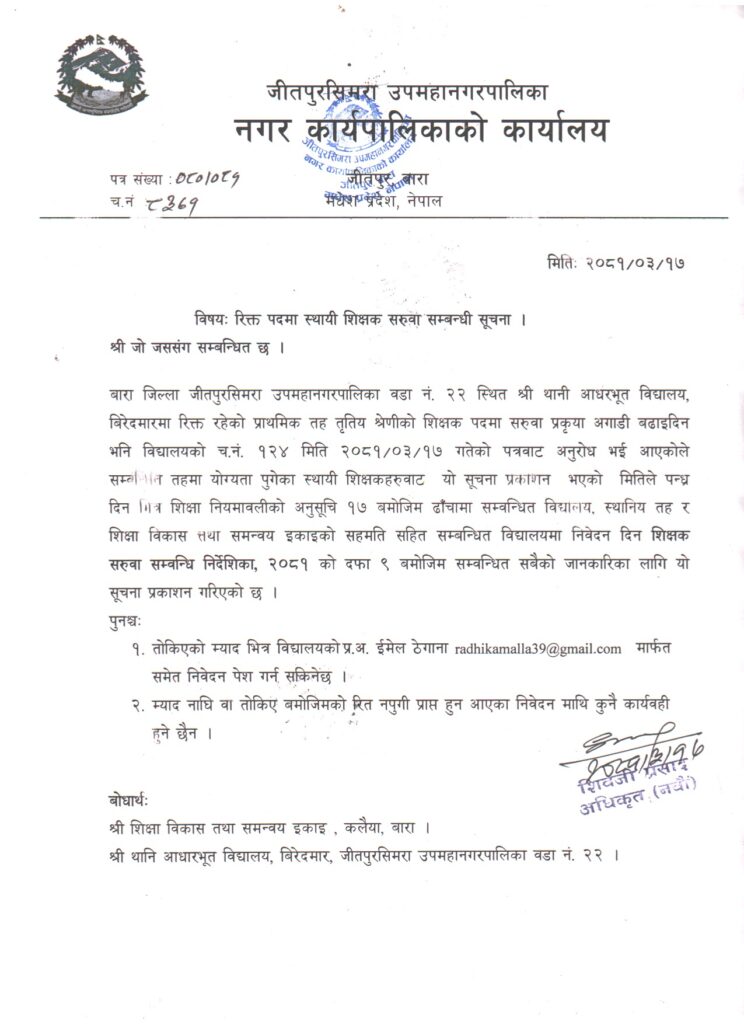
Xi’s Book is a Blueprint for Socialism
Basudev Mishra
Nepal’s Ambassador to Sri Lanka
The fourth volume of The Governance of China by Chinese President Xi Jinping which covers articles on the areas of development, cooperation, shared future, BRI, ecology and several other areas is basically a blueprint for socialism in the 21st century. The book covers a wide range of topics, including socialism with Chinese characteristics, governance principles, economic development, diplomacy, cultural exchange, and the role of the Communist Party in Chinese society. It provides a comprehensive overview of Xi Jinping’s views on these subjects and his approach to leadership.

One of the key themes of the book is the concept of “Socialism with Chinese characteristics,” which is a term used to describe China’s unique form of socialism that combines elements of socialism with market-oriented economic reforms. Xi Jinping emphasizes the importance of this model and its role in China’s development and rejuvenation. For Xi, the crux of socialism is eradication of poverty and ending inequality that existed in China for long. But, with Xi’s leadership since 2013, a total of 800 million people were brought out of below poverty line. China’s this greatest achievement is not only astonishing but also a key contribution to goal no. 1 of the Agenda-2030 (Sustainable Development Goal). We must appreciate this figure because the number is more than half of the entire population of Asia except China and India. And this was achieved because of Xi’s firm commitment to China’s rejuvenation since the very beginning of his time in office.
As a diplomat, I find the book has several points that the world has to embrace in the current fluid situation where the major powers are at rivalry and wrangling over petty things. But, President Xi, who has led the world’s largest population and second largest economy, has shared his modest proposals on global cooperation while giving choices to the world populations in order to exit from the existing ‘unfair’ political system.

In his book, Xi presents very convincing points on democracy stating that “Democracy is not an ornament to be put on display, but an instrument for addressing the issues that concern the people. Whether a country is democratic depends on whether its people are truly the masters of the country, and whether the people have the right to vote, and more importantly, the right to participate extensively in governance of the country; it depends on what promises they are given during elections, and more importantly, how many of these promises are delivered after elections…”
Calling the leaders and countries to work together for the cause of humanity, Xi writes we should pursue cooperation on the basis of equality and dissolve differences with mutual respect because this is essential to delivering economic development and prosperity in our region. This demonstrates Xi’s global vision to bring all ideologies and characteristics on board to gain more for the society. This is completely a socialist approach and thus is commendable.
The small and developing countries are in financing gaps because they lack sufficient resources and this crisis has further aggravated due to the COVID-19 pandemic and ongoing economic slowdown but Xi’s focus on small and medium-sized enterprises spreads a message of hope to come out of the current abyss created by the economic uncertainties. In this book, he has called for responding to the special needs of women and other groups and support micro, small and medium-sized enterprises (MSMEs) as such efforts will contribute to inclusive and sustainable growth.
In his subtle language, Xi urges the global community to do away with the protectionist measures in trade and business. His advocacy for multilateralism is realized in every speech. At a point he says, “We must practice true multilateralism and oppose actions that use spurious rules as a pretext to undermine the international order and cause confrontation and division. We should boost mutually beneficial cooperation, remove barriers that impede trade, investment and technological exchanges, and promote inclusive development that delivers benefits to all.”
The Governance of China reflects Xi Jinping’s perspective on the Chinese political system, the role of the Communist Party, and the need for good governance to ensure stability and continued economic growth in China. It is often used as a reference for understanding China’s political and economic direction under Xi’s leadership. It provides valuable insights into how China is governed and how its leaders perceive the country’s future.
More importantly, Xi’s book is a window to understand China’s “neighborhood first” policy or the “peripheral diplomacy” which is a foreign policy approach of China that emphasizes its relations with neighboring countries. This policy is significant for China’s broader foreign policy strategy, which aims to promote stability, economic development, and goodwill relations with its immediate neighbors. As Nepal and China share border, China’s neighborhood diplomacy has helped Nepal stand firm in the international stages also due to China’s unconditional support to Nepal. It is also noteworthy that China has always supported Nepal in safeguarding our territorial integrity and sovereignty.
In addition to this, China brokered the diplomatic ties between Saudi Arabia and Iran, the two rival Muslim countries, and also established a close relation with Colombia, a trustworthy ally of America from Latin America. This is vivid evidence that Xi’s diplomacy has worked pretty well to narrow down the difference and ensure mutual respect. So, the book also shares the evidences of Xi’s diplomatic gestures.
After going through the book, I have a brief suggestion to the Chinese scholars, development actors and policymakers to further focus on south-south cooperation and accord more priorities to the bordering countries because the countries including Nepal, which share borders with China are willing to get benefit from spillovers of China’s economic, academic and social development. To be precise, the countries expect more cooperation from China to alleviate their poverty, develop infrastructures and get access to China’s vast market.









